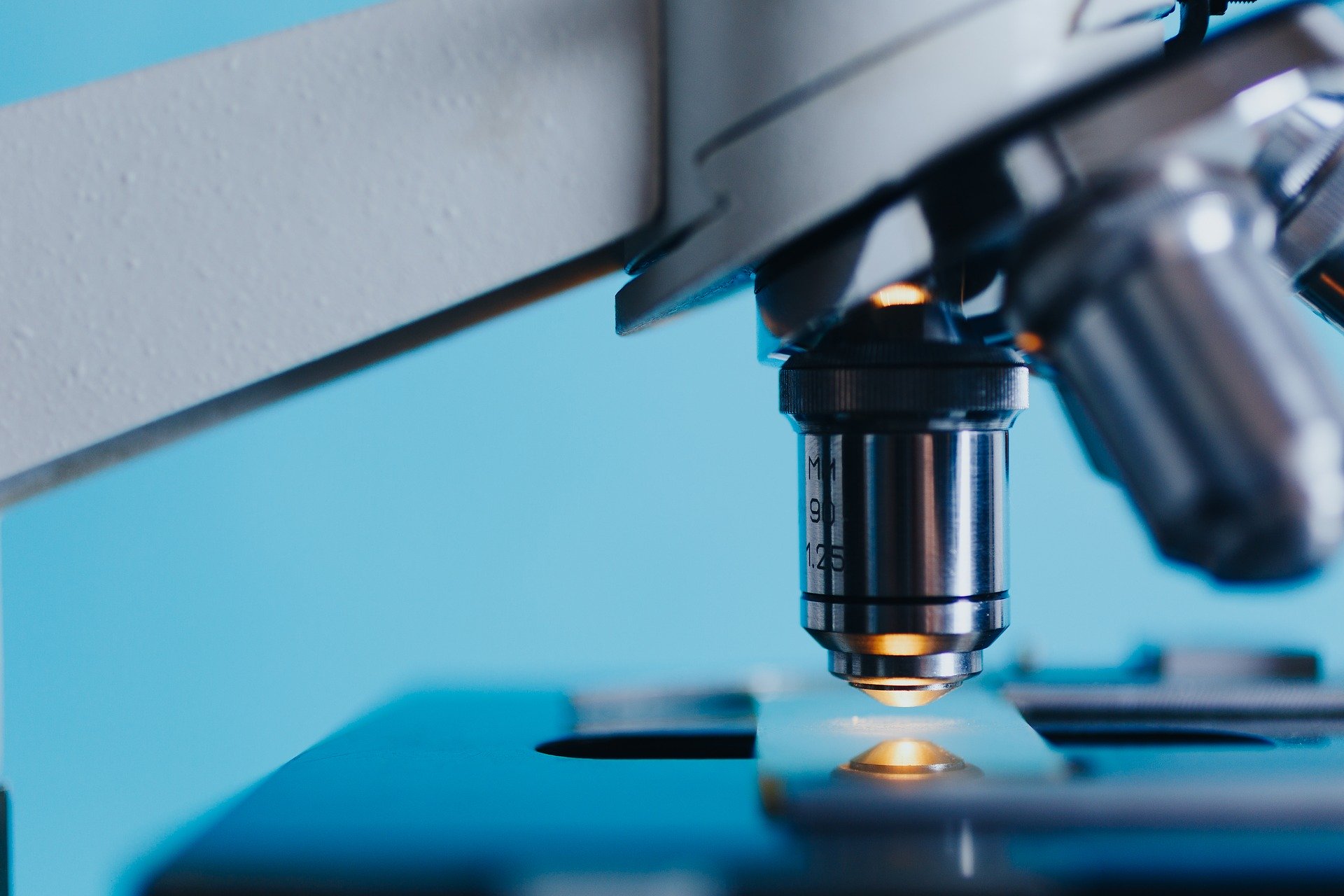
 Great article by Maria-Teresa Feratti on SWISSINFO
Great article by Maria-Teresa Feratti on SWISSINFO
Over time INTERCOMARE has been able to gain a lot of positive experience with precision medicine and is now working with the best specialists in this field.
Cancer patients benefit from advances in precision medicine, but a personalised approach to treating neurological disease such as Alzheimer’s is in its relative infancy. Neuroimmunologist Maria-Teresa Ferretti explains why it’s important to invest in precision medicine to improve brain health for all.
According to the US National Institutes of Health: precision medicine is an emerging approach for disease treatment and prevention that takes into account individual variability in genes, environment, and lifestyle for each person. It will allow doctors and researchers to predict more accurately which treatment and prevention strategies for a particular disease will work in which groups of people. It is in contrast to a one-size-fits-all approach, in which disease treatment and prevention strategies are developed for the average person, with less consideration for individual differences.
The advantages of a precision medicine approach from a patient perspective became crystal clear when I had to face breast cancer 18 months ago. It took exactly one week for me to have the first diagnosis, two weeks to have the molecular characterization of my tumour and a consequent therapeutic decision, and a grand total of six months for the surgery and the start of radio plus hormonal therapy. Using a predictive algorithm based on a panel of genetic markers, chemo was deemed unnecessary, sparing me from months of suffering.
For me as a patient, precision medicine meant an exact diagnosis in two weeks, a clear therapeutic path tailored to my specific tumour, and avoiding unnecessary treatment that could have been more harmful than beneficial.
The pivot required in healthcare has been spelled out by Dr. Antonella Santuccione Chadha, co-founder and CEO of the Women’s Brain Project (WBP): “Precision medicine will be achieved in brain and mental health when the word differences is replaced by the term characteristics, with sex and gender as the starting point.»
These are benefits that we must provide to neurological patients, who currently wait up to three years for a diagnosis and are often treated with drugs that are not effective and are accompanied by many side effects.
We now know that patients are extremely heterogeneous, and their differences are key to developing an accurate diagnosis alongside an optimal treatment. For example, two patients with the same symptom — let’s say dementia — might have two completely different underlying scientific causes, or pathologies.
The value of giving the right treatment to the right patient at the right time, reducing the personal suffering of the patient and his/her family, cannot be overstated. This approach also ensures a dramatic reduction on public and socioeconomic costs, which for dementia alone are estimated at $1 trillion for 2020.
Precision medicine tools must be optimized and scaled for large use in the general population – the classical example is a blood biomarker (a molecule that can be detected in the blood, and that indicates an underlying disease) in Alzheimer Disease (AD) patients. This would allow mass-screening of thousands of patients, as opposed to the current PET scan and cerebrospinal fluid (CSF) analysis. It would require the implementation of safe storage systems for personal data. Finally, validated algorithms should be made available to the larger community, and become an integral part of a neurologist’s toolkit.






